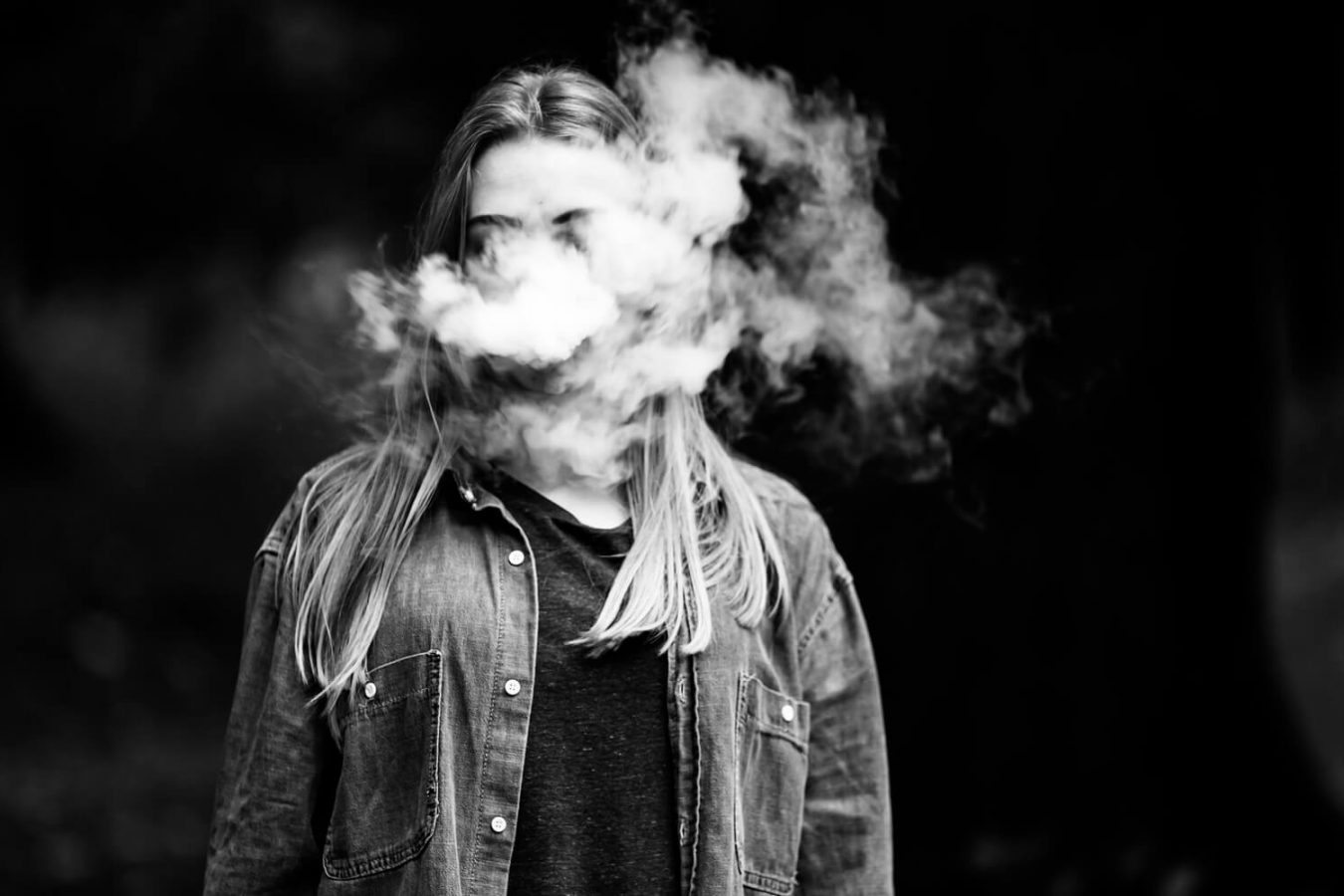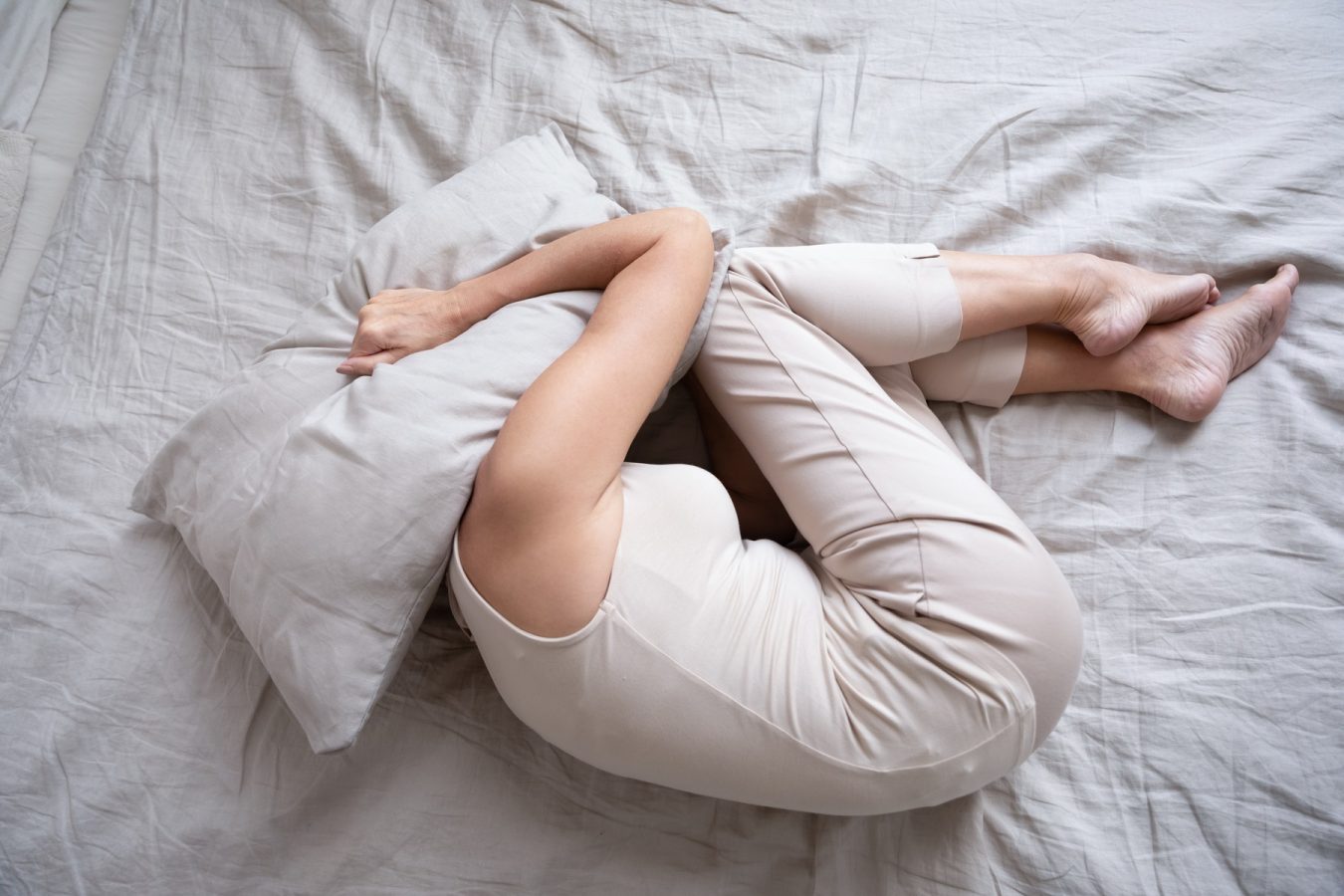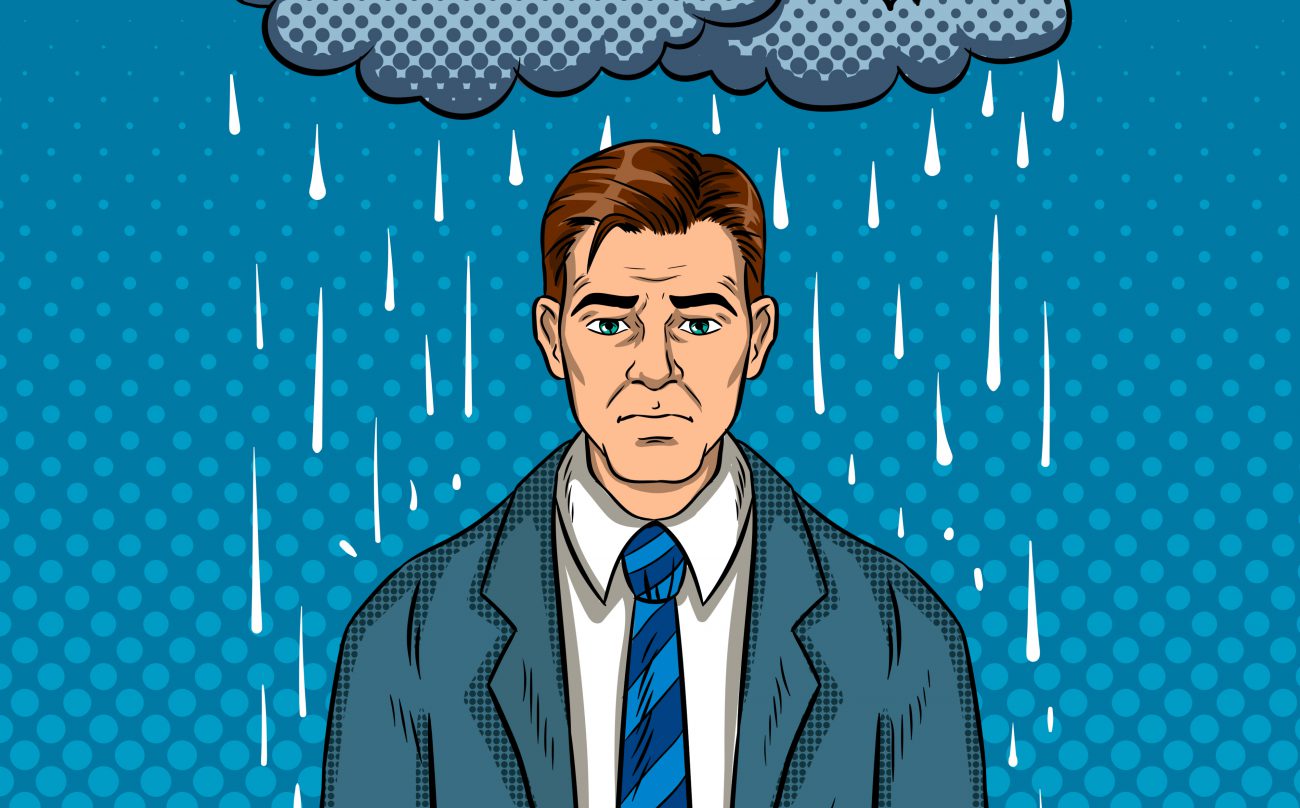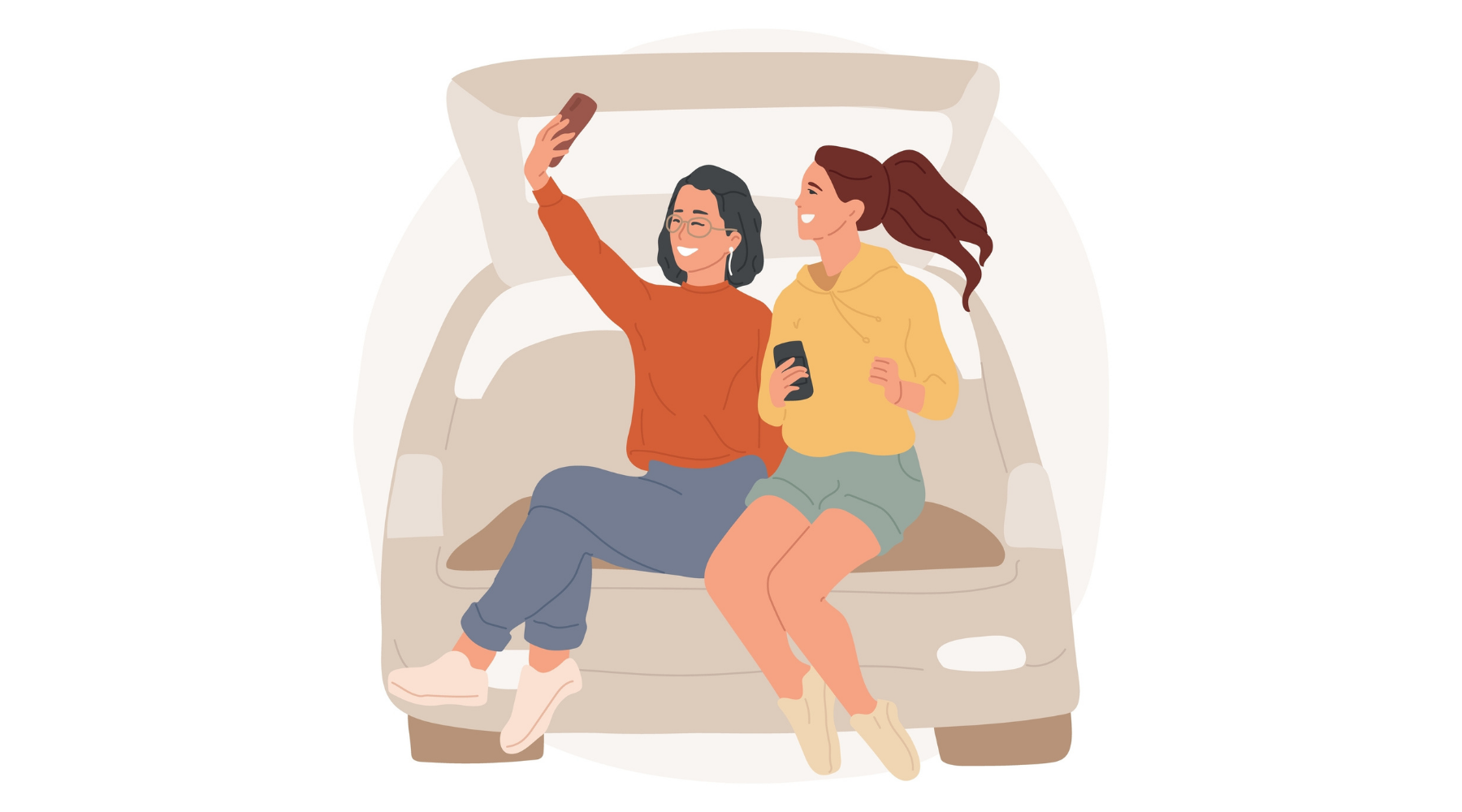
A new book by Madonna King gives parents tips to support their teenage girls growing up in today's world and uncovers what they want you to know, writes Natalie Moutafis.
What would you tell your 16-year-old self? Madonna King’s new book results from 12 months of research and listening to a thousand 16, 17 and 18-year-old women to understand them and understand how to support them on the road to adulthood.
There’s no definitive answer, but L Platers gives a unique insight into our girls’ thinking – and what they wish we knew.
The book is akin to a guide for parents, covering social media, anxiety, consent, gender identity, the impact of COVID-19, confidence and life balance.
Madonna spoke with many parents, educators, and healthcare professionals when writing L Platers. One educator, Kellie Lyneham, head of senior school at Carey Baptist Grammar School in Melbourne, was asked what keeps her awake. Her response? ‘I worry about how they are so “on” all the time’.
Unsocial Media
One of L Platers’ chapters is aptly titled ‘Unsocial Media’. It’s not new news that the digital world continues to be a concern, with 57 per cent of parents rating excessive screen time as a significant concern in a recent RCH Health Poll. But as Madonna writes, it’s not just parents who share this concern.
The students surveyed understood that their relationship with their phones was unhealthy, and when asked how many hours a day they spent on social media, many were surprised by the data:
‘I spend around four hours on social media on a school day because that’s how I communicate with my friends.’
‘Each day between two and five hours.’
‘Wow! I just checked and I’m scared. Two hours a day on average and 12 hours a week.’
While the idea of smartphones and tweens and teens usually makes us think of our concerns, there is also the view that our kids can thrive online. But just as they can thrive online, they need us as parents to trust them. Trust them to make decisions, and allow them to make mistakes. Goodness knows we all did; it’s just that many of us grew up in a time where there was no evidence of those mistakes, and they weren’t instantly broadcast across multiple platforms or chat groups.
And this is part of the problem. Many parents of this cohort didn’t grow up with access to social media like their children have, and as we usually parent the way we were parented, there’s no precedent.
This is an interesting time, because many of our daughters might be mothers in a decade, and in less than that time parenting has been tossed into the digital age.
- Madonna King, L Platers.
Finding Balance
This cohort was repeatedly reported as being stronger than they believed and full of hope. But as Deborrah Francis from St Margaret’s Berwick Grammar told Madonna, there is a ‘dark cloud that hangs over them, that sense of purpose of “Where am I heading?”, “What’s in store for me?” and to have all the answers, yesterday’.
The strive to find purpose, belonging, and direction has been identified for some time, detailed in this 2016 article from Greater Good at Berkeley, and why programs like Project Wayfinder are becoming increasingly popular as part of well-being programs in schools around the country.
Madonna unpacks this in the chapter befittingly titled ‘Finding Balance’. These girls need to be skilled in managing all the balls in the air. But if their parents, mothers, in particular, are struggling to find this balance, how can we expect our teen girls to find it? As Madonna explains, something has to give. Quite often, she discovered that it was sleep or sport, or both, that the girls let go. The very things that our girls need to maintain in their busy schedules, the things that are proven to reduce anxiety and depression, are the things they move on from.
‘There’s an issue of hypocrisy. We’re told you need sleep. You need to relax. You need balance in your life. You need to look after yourself. And then you have five hours of homework!’
When asked how much sleep they are getting, the girls knew they should be getting more but justified it by how busy they were:
‘Six hours but I know I should have nine’.
‘I don’t get as much sleep as I should. I stay up at night on my phone or watching shows because I don’t get much of my own time during school life and workdays. I sleep for six hours.’
‘No matter how hard I try I can never get to sleep until around 2am. I wish I could go to sleep around nine or ten.’
Dr Toni Meath from Melbourne Girls’ Grammar explained how the school held ‘eight before eight’ each morning – eight minutes of exercise before 8am during Melbourne lockdowns. An attempt to keep the girls moving. Reading the chapter, it becomes apparent that parents and schools need to encourage the building of positive habits and routines while they are still teens because, as parents, we know that it’s challenging to form new habits when you’re older.
Getting your licence
So where to from here? Is it all doom and gloom for our 16, 17 and 18-year old girls? Will they never move on from their L plates and get their licence? No. Madonna found that, for the most part, these girls are looking to their parents, particularly their mothers, for advice.
‘I can’t forget Mum. She always gives insightful advice.’
‘I told my parents I was struggling to choose between two subjects and they sat with me while I talked it through. My parents also ask my input before making family decisions.’
‘I rely on my parents a lot. But also myself, because at the end of the day, no one else is going to do life for me.’
With so much information instantly available at their fingertips, it’s refreshing to understand that many still turn to their parents for guidance. Sure, they may not take the advice on board, but they are still asking for it, and therein lies part of the secret.
‘Let us be teenagers. We’re going to do the wrong thing. It’s life. You did it. So just trust us.’
‘Tell me you’re proud.’
‘Listen. Don’t try to fix it.’
‘Tell me it will be okay, please.’
‘Listening and hearing are different things. If we say we need more help, that might mean independence – but that’s not what they are hearing.’
‘Give us more exposure to the real world; we are so sheltered.’
That’s what they want us to know.
L Platers is a thoughtfully written resource with both the parent and teen girl in mind. Madonna has taken the time to listen and hear the voices of these girls and back up their concerns and desires with firsthand insights from parents, educators and healthcare professionals.
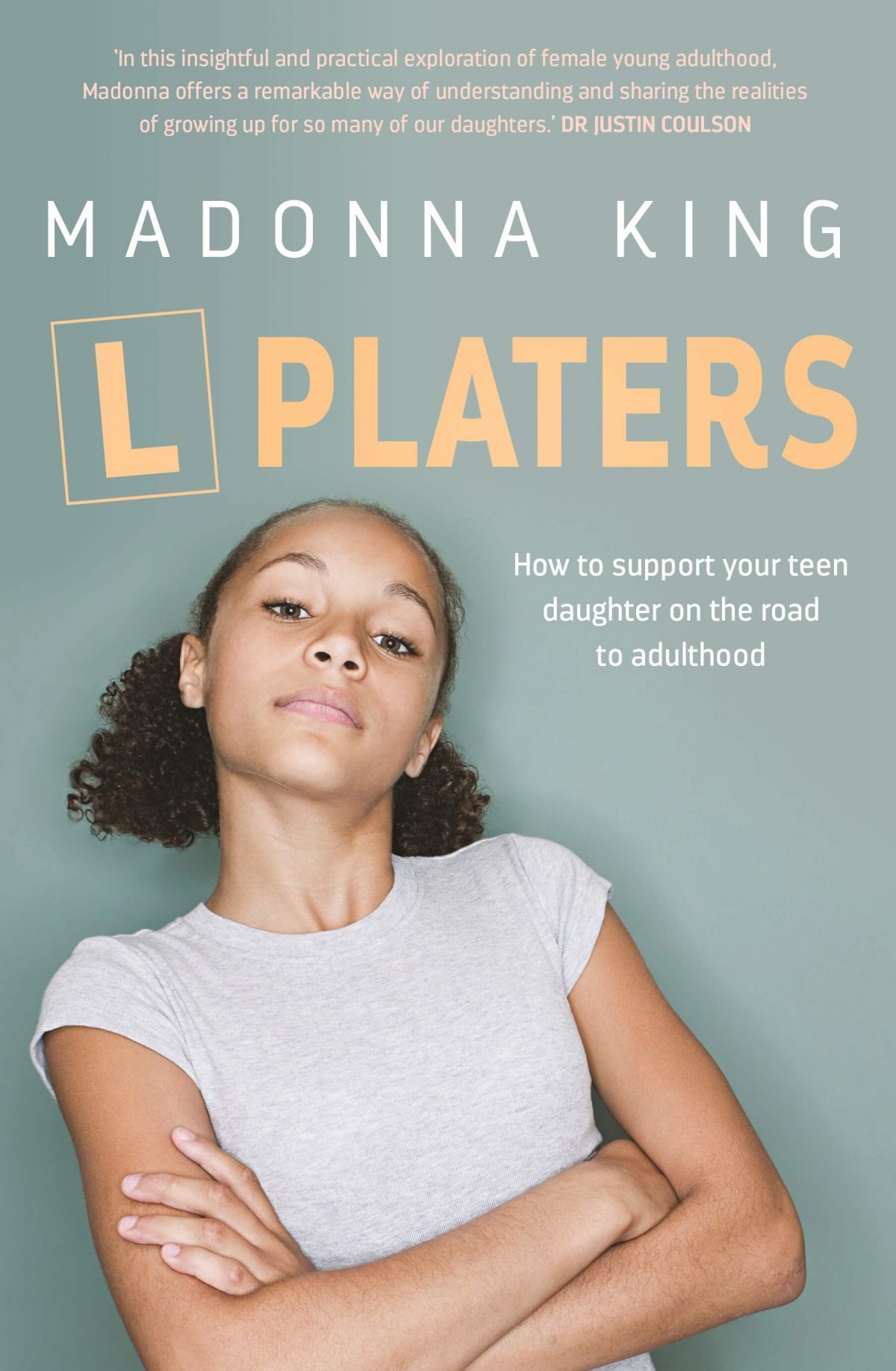
About Madonna King
Madonna King is an author, speaker, advisor and journalist. She has written 13 books, including the bestselling Being 14, Fathers and Daughters, Ten-ager and now L Platers. She is also the biographer of Australian of the Year Professor Ian Frazer and former treasurer Joe Hockey.
She advises governments and corporations on understanding teenage girls.
You can find out more on Madonna King’s website.
L Platers is published by Hachette Australia.
Like this post? Please share using the buttons on this page.
Subscribe to our newsletter